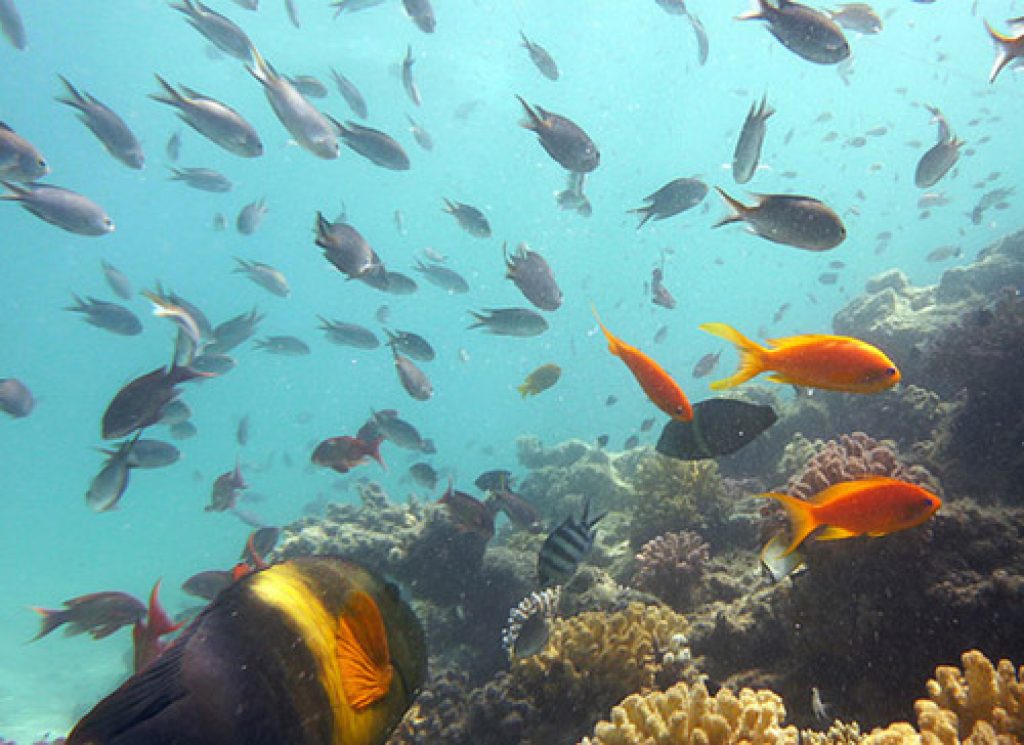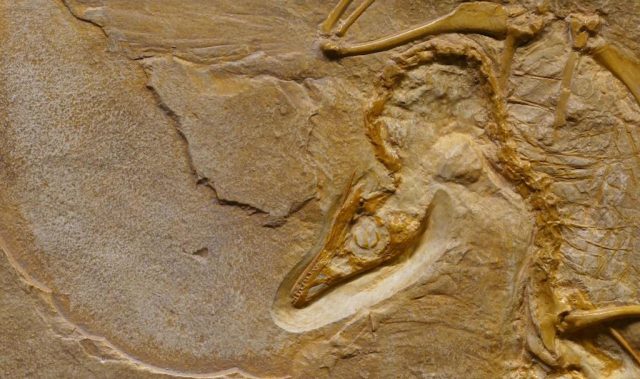
AsianScientist (Nov. 21, 2013) – The China National Genebank (CNGB) has announced the launch of the 1,000 Fish Transcriptome Project (Fish T1K), a study designed to unveil the mysteries of the origin, evolution and diversification of the largest group of vertebrates.
The findings could enable scientists to come up with strategies to address challenges in fish breeding, disease control and prevention, seafood safety and biodiversity conservation.
All data generated from Fish T1K will be made available publicly through CNGB, ensuring that scientists have access to new developments and trends in fish research and the use of RNA-seq technology.
With over 32,000 species, fishes are the largest and most diverse group of living vertebrates. They are also an economically important group of animals. There has been only about ten fish genomes sequenced to date.
“The lack of transcriptome data for the majority of fish species motivates us to establish a large-scale transcriptome database for fish,” said Dr. Yong Zhang, director of CNGB.
“The results yielded by this project will greatly help to improve our understanding of the comparative physiology, biogeography of fish, and to further explore their medical values, economic and ecological importance, and contributions to food security and biodiversity conservation,” said project leader Ying Sun, director of Marine Biobank of CNGB.
The team has extended an invitation to researchers worldwide to submit proposals and contribute fish specimens for sequencing. Scientists addressing questions about fishes with unique adaptations, economic, and medical value are particularly welcome to join the project.
“This project aims to generate unprecedented resources that would be valuable for improving our understanding of the evolution, adaptation and physiology of fishes, and designing strategies for the conservation and improvement of fish stock,” said Dr. Byrappa Venkatesh from the Institute of Molecular and Cell Biology in Singapore.
——
Source: BGI; Photo: ronaldhole/Flickr/CC.
Disclaimer: This article does not necessarily reflect the views of AsianScientist or its staff.












